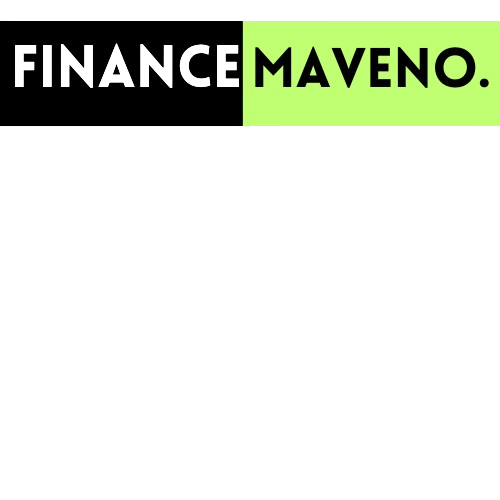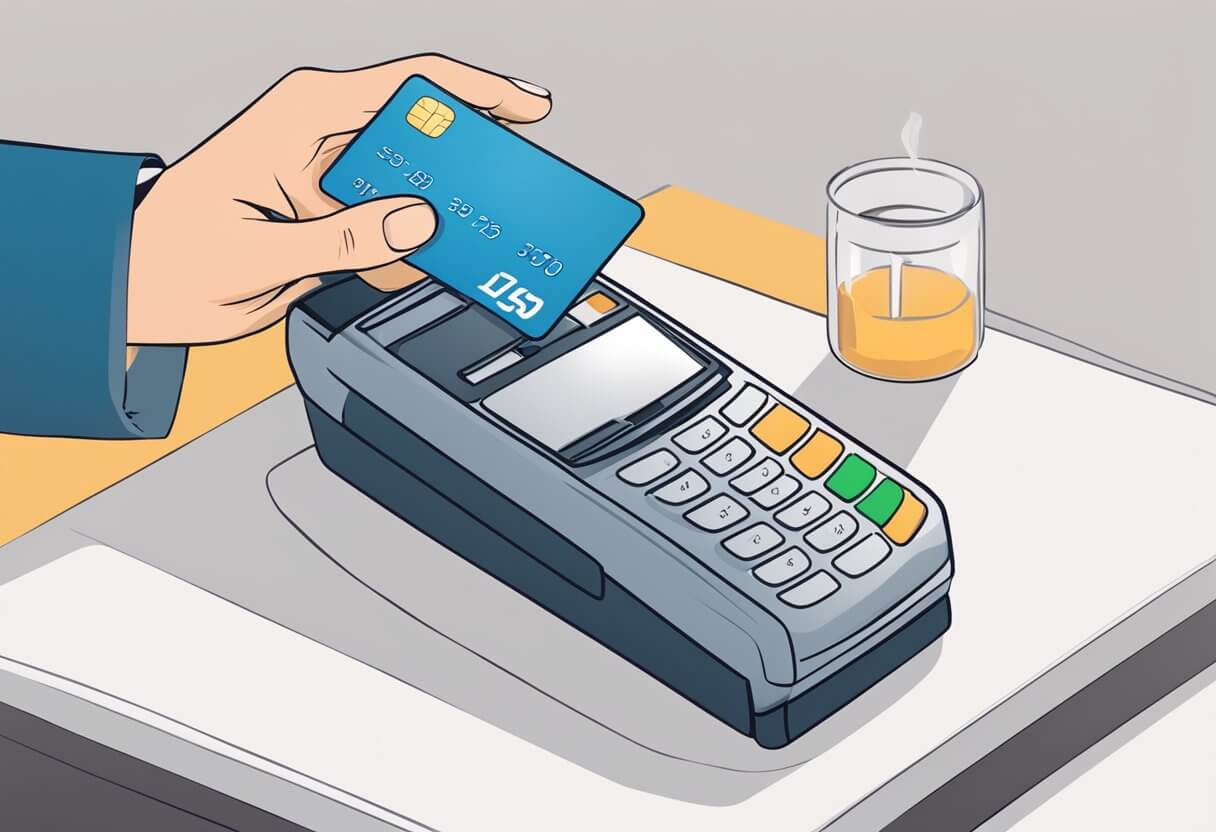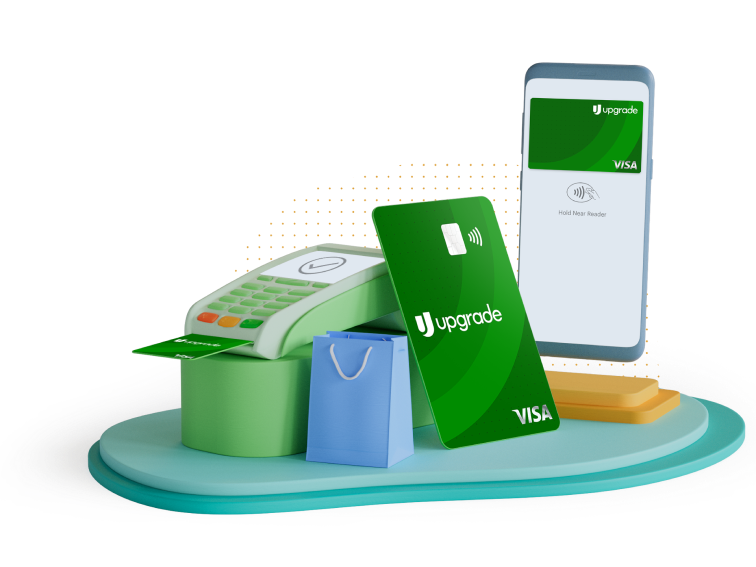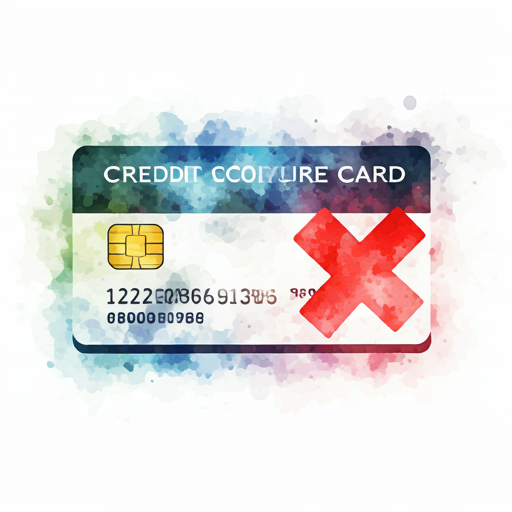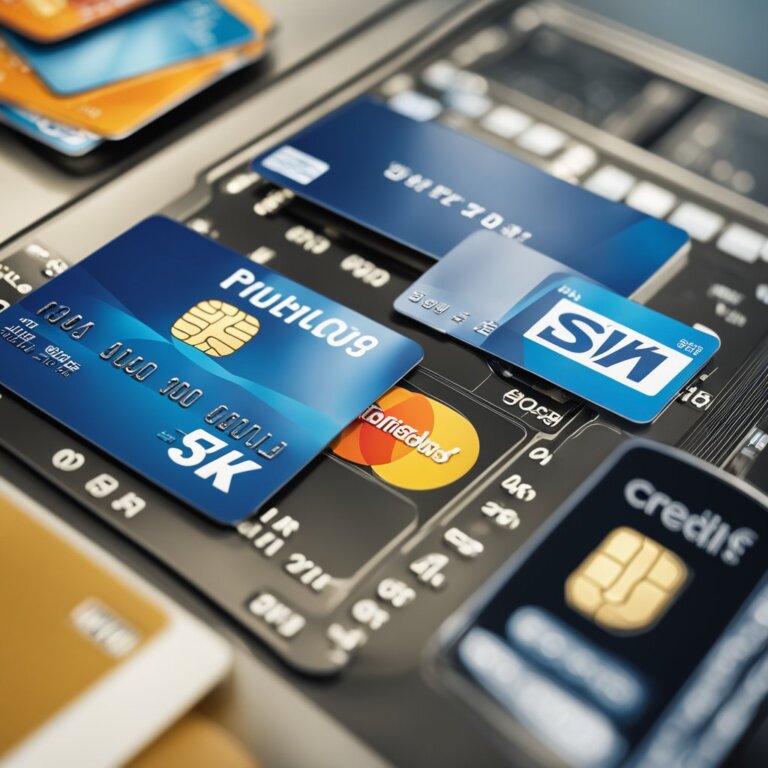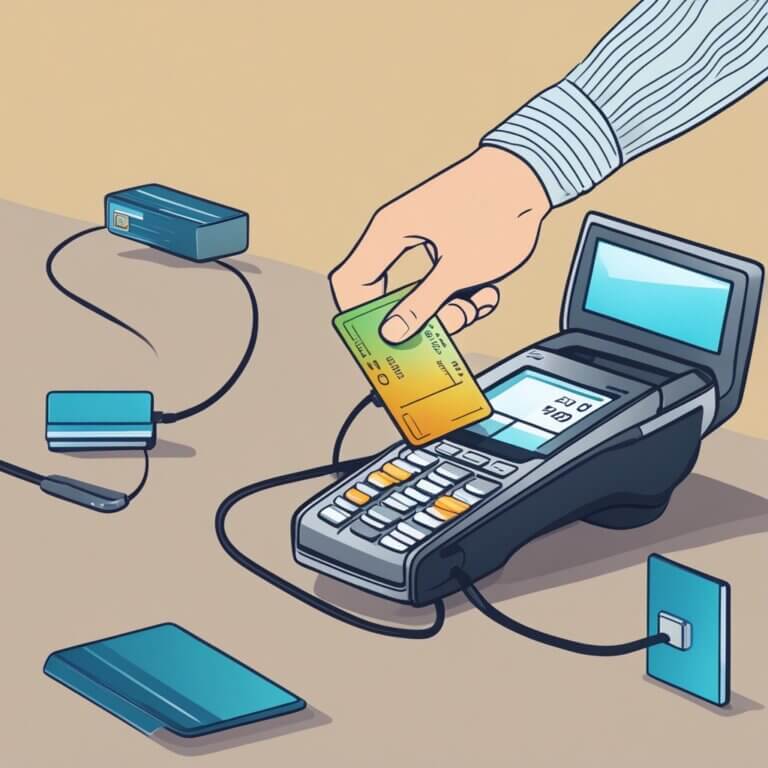Best Way to Use a Credit Card to Build Credit
In this article, we’ll explore the best ways to use a credit card to build credit and avoid common pitfalls.
Using a credit card can be a great way to build your credit score, but it’s important to use it wisely.
When used correctly, a credit card can help you establish a positive credit history and improve your credit score over time.
However, if you’re not careful, it can also lead to debt and damage your credit.

Understanding your credit score is the first step to building credit with a credit card.
Your credit score is a three-digit number that represents your creditworthiness.
It’s based on several factors, including your payment history, credit utilization, length of credit history, and types of credit accounts.
The higher your score, the better your creditworthiness, and the more likely you are to be approved for credit at favorable terms.
Choosing the right credit card is also crucial to building credit.
You’ll want to look for a card that reports to all three credit bureaus, has no annual fee, and offers rewards or other benefits that fit your needs.
Once you’ve chosen a card, it’s important to use it responsibly and make payments on time.
By following these tips, you can use a credit card to build credit and improve your financial future.
Key Takeaways
- Understanding your credit score is crucial to building credit with a credit card.
- Choose a credit card that reports to all three credit bureaus, has no annual fee, and offers rewards or other benefits that fit your needs.
- Use your credit card responsibly by making payments on time and keeping your credit utilization low.
Understanding Credit Scores
If you’re looking to build credit with a credit card, it’s important to understand how credit scores work.
Credit scores are a numerical representation of your creditworthiness,…
…and they’re used by lenders to determine the likelihood that you’ll be able to repay a loan or credit card balance on time.
Components of Credit Scores
Credit scores are typically calculated using several different factors, including your payment history,…
…credit utilization rate, length of credit history, types of credit used, and new credit inquiries.
- Payment history makes up the largest component of your credit score. It’s important to make all of your credit card payments on time to avoid negative marks on your credit report.
- Credit utilization rate is the amount of credit you’re using compared to your total available credit. It’s generally recommended to keep your credit utilization rate below 30% to maintain a good credit score.
- Length of credit history refers to the amount of time you’ve had credit accounts open. Generally, the longer your credit history, the better your credit score.
- Types of credit used refers to the different types of credit accounts you have, such as credit cards, auto loans, and mortgages. Having a mix of different types of credit can help improve your credit score.
- New credit inquiries refer to the number of times you’ve applied for credit recently. Too many inquiries in a short period of time can negatively impact your credit score.
Importance of Good Credit
Having good credit is important for several reasons.
For one, it can make it easier to get approved for loans and credit cards with favorable terms and lower interest rates.
Additionally, having good credit can help you save money on things like car insurance premiums and security deposits for utilities and rental properties.
Overall, understanding how credit scores work and what factors contribute to a good credit score is essential if you want to use a credit card to build credit.
By making timely payments and keeping your credit utilization rate low, you can improve your credit score over time,…
…and increase your chances of being approved for credit in the future.
Choosing the Right Credit Card
When it comes to building credit, choosing the right credit card can make all the difference.
Here are some factors to consider when selecting a credit card to help build your credit.
Types of Credit Cards
There are different types of credit cards available, each with its own benefits and drawbacks.
Here are some of the most common types of credit cards:
- Secured Credit Cards: These require a security deposit, which becomes your credit limit. They are a good option for those with no credit history or bad credit.
- Unsecured Credit Cards: These do not require a security deposit and are easier to obtain if you have a good credit score.
- Student Credit Cards: These are designed for students with little or no credit history and often come with rewards and perks.
- Retail Credit Cards: These are issued by retail stores and can only be used at those stores. They often come with discounts and rewards, but can have high interest rates.
Consider your financial situation and credit history when choosing a credit card type.
Credit Card Features to Consider
Once you have decided on a type of credit card, consider these features when selecting a specific card:
- Interest Rates: Look for a card with a low interest rate, especially if you plan to carry a balance.
- Fees: Look for a card with no annual fee or low fees for balance transfers, cash advances, and foreign transactions.
- Rewards: Some credit cards offer rewards such as cashback, points, or miles for purchases. Choose a card with rewards that match your spending habits.
- Credit Limit: Look for a card with a credit limit that is high enough to meet your needs but not so high that you risk overspending.
- Credit Reporting: Choose a card that reports your payment history to the credit bureaus, as this is essential for building credit.
By considering these factors, you can choose a credit card that is right for you and will help you build your credit.
Applying for a Credit Card
If you are looking to build your credit, applying for a credit card can be a good option.
However, you need to make sure you meet the eligibility requirements and understand the application process.
Eligibility Requirements
Before applying for a credit card, make sure you meet the eligibility requirements.
Generally, you need to be at least 18 years old and have a steady income.
Some credit cards may require a higher minimum age or income, so make sure to check the specific requirements for the card you are interested in.
In addition, having a good credit score can increase your chances of being approved for a credit card.
If you are new to credit and don’t have a credit score yet, you may need to start with a secured credit card,…
…or become an authorized user on someone else’s credit card to build your credit history.
Application Process
The application process for a credit card is usually straightforward.
You can apply online, by phone, or in person at a bank or credit union.
When filling out the application, make sure to provide accurate information about your income, employment, and other personal details.
It’s important to read the terms and conditions carefully before submitting your application.
Look for information about interest rates, fees, rewards, and other important details.
Make sure you understand how to use the card responsibly and avoid common pitfalls like carrying a high balance or missing payments.
Overall, applying for a credit card can be a good way to build your credit if you meet the eligibility requirements and use the card responsibly.
Just make sure to do your research and choose a card that fits your needs and goals.
Effective Credit Card Use
If you’re looking to build credit, using a credit card responsibly can be a great way to do so.
Here are some tips on how to effectively use a credit card to build your credit score.
Making Purchases
When using a credit card, it’s important to make purchases that you can afford to pay off in full each month.
This will help you avoid carrying a balance and paying interest charges.
Additionally, making regular purchases and paying them off on time can help demonstrate to credit bureaus that you are a responsible borrower.
Payment Tips
Making on-time payments is crucial to building a good credit score.
Set up automatic payments or reminders to ensure you never miss a payment.
If you do miss a payment, make it as soon as possible and be sure to pay the entire balance due to avoid late fees and further damage to your credit score.
Credit Utilization Ratio
Your credit utilization ratio is the amount of credit you are using compared to your total credit limit.
It’s generally recommended to keep your credit utilization ratio below 30%.
This means if you have a credit limit of $1,000, you should aim to keep your balance below $300.
A high credit utilization ratio can negatively impact your credit score, so it’s important to keep it in check.
By following these tips, you can use a credit card to build your credit score and improve your financial standing.
Remember to use your credit card responsibly and make payments on time to ensure a positive impact on your credit score.
Payment Strategies
When it comes to building credit with a credit card, payment history is the most important factor.
Therefore, it is crucial to have a solid payment strategy in place. In this section,…
…we will discuss two payment strategies: full payments vs. minimum payments and payment scheduling.
Full Payments vs. Minimum Payments
One of the most important things to keep in mind when using a credit card to build credit is to always make your payments on time.
However, it is also important to consider how much you are paying each month.
When you receive your credit card statement, you will have the option to make a minimum payment or a full payment.
Making only the minimum payment can be tempting, as it is typically a smaller amount than the full payment.
However, this can lead to high interest charges and a longer repayment period.
On the other hand, making a full payment each month can help you avoid interest charges and can also help you build credit faster.
Payment Scheduling
Another important payment strategy to consider is payment scheduling.
It is important to make your payments on time, but it is also important to consider when you make your payments.
Some credit card companies may report your balance to the credit bureaus on a specific date each month.
Therefore, it is important to make your payment before this date to ensure that your credit utilization ratio is low.
One way to ensure that you make your payments on time is to set up automatic payments.
This will ensure that your payment is made on time each month and can help you avoid late fees.
Additionally, you can consider making multiple payments throughout the month to keep your credit utilization ratio low.
In summary, when it comes to building credit with a credit card, payment history is key.
It is important to have a solid payment strategy in place, which includes making full payments and considering payment scheduling.
By following these strategies, you can build credit faster and avoid high interest charges.
Credit Building Techniques
If you’re looking to build credit with your credit card, there are a few techniques you can use to help improve your credit score.
Here are two effective credit building techniques to consider:
Increasing Credit Limit
One way to improve your credit score is to increase your credit limit.
When you have a higher credit limit, it can help to lower your credit utilization ratio,…
…which is the amount of credit you’re using compared to your total credit limit.
A lower credit utilization ratio can help to improve your credit score.
To increase your credit limit, you can contact your credit card issuer and request a credit limit increase.
Keep in mind that some issuers may require you to have a certain credit score or credit history before they will approve a credit limit increase.
Additionally, some issuers may perform a hard inquiry on your credit report, which can temporarily lower your credit score.
Diverse Credit Mix
Another way to improve your credit score is to have a diverse credit mix.
This means having a mix of different types of credit, such as credit cards, loans, and mortgages.
Having a diverse credit mix can help to show lenders that you can manage different types of credit responsibly.
If you only have a credit card, you may want to consider adding another type of credit to your credit profile.
This could be a personal loan, auto loan, or mortgage.
Keep in mind that you should only take on additional credit if you can afford to make the payments and manage the debt responsibly.
By using these credit building techniques, you can help to improve your credit score over time.
However, it’s important to remember that building credit takes time and patience.
It’s important to make your payments on time, keep your credit utilization low,…
…and monitor your credit report regularly to ensure that your credit profile is accurate and up-to-date.
Monitoring Credit Score
Building credit takes time, and it’s important to monitor your credit score regularly to ensure you’re on the right track.
Here are some tips to help you stay on top of your credit:
Regular Credit Report Checks
You are entitled to a free credit report from each of the three major credit bureaus (Equifax, Experian, and TransUnion) once a year.
You can request your report online, by phone, or by mail.
Checking your credit report regularly can help you spot errors or fraudulent activity and take action to correct them.
Understanding Credit Alerts
Many credit card issuers offer credit monitoring services that can alert you to changes in your credit score or suspicious activity on your credit report.
These alerts can help you catch fraud early and take steps to protect your credit.
It’s important to understand what these alerts mean and how to respond to them.
By regularly monitoring your credit score and credit report, you can stay on top of your credit and take steps to improve it over time.
Remember to use credit responsibly, make payments on time,…
…and keep your credit utilization low to build a strong credit history.
Handling Credit Card Issues
Disputing Charges
If you notice an unauthorized charge on your credit card statement, you should dispute it immediately.
You can do this by contacting your credit card issuer through their customer service line or website.
It’s important to provide as much information as possible, including the date of the charge, the amount, and any other relevant details.
Your credit card issuer will investigate the charge and, if it’s found to be fraudulent, will remove it from your account.
Fraud Prevention
To prevent fraudulent activity on your credit card, it’s important to monitor your account regularly.
Check your statements every month and report any unauthorized charges immediately.
You can also sign up for fraud alerts through your credit card issuer’s website or mobile app.
These alerts will notify you of any suspicious activity on your account,…
…such as purchases made in a foreign country or large purchases that are out of the ordinary.
In addition, you should be careful when using your credit card online.
Only make purchases from reputable websites and never give out your credit card information over email or through an unsecured website.
You can also use virtual credit card numbers, which are temporary numbers that can be used for online purchases.
This can help protect your actual credit card number from being stolen.
By taking these steps, you can help protect yourself from credit card fraud and ensure that your credit score remains strong.
Improving Poor Credit
If you have poor credit, it’s important to take steps to improve it.
Using a credit card responsibly can be an effective way to rebuild your credit, but it’s important to approach it with a plan.
Debt Management Plans
If you have a significant amount of debt, a debt management plan (DMP) may be a good option for you.
A DMP is a program where you make one monthly payment to a credit counseling agency, which in turn pays your creditors.
This can help you get out of debt faster and improve your credit score.
Before enrolling in a DMP, it’s important to do your research and make sure you’re working with a reputable credit counseling agency.
Look for an agency that is accredited by the National Foundation for Credit Counseling or the Financial Counseling Association of America.
Credit Counseling
Credit counseling can also be a helpful tool for improving your credit.
A credit counselor can work with you to create a budget, develop a debt management plan,…
…and provide guidance on how to use credit responsibly.
When choosing a credit counselor, make sure to look for someone who is certified,…
…by the National Foundation for Credit Counseling or the Financial Counseling Association of America.
You can also check with your state’s attorney general’s office to ensure the counselor is licensed to operate in your state.
Remember, improving your credit takes time and effort.
By using a credit card responsibly, enrolling in a debt management plan,…
…and working with a credit counselor, you can take steps to improve your credit and achieve your financial goals.
Wrapping Things Up
Using a credit card wisely can significantly improve your credit score and financial future.
Remember to make timely payments, keep your credit utilization low, and monitor your credit report regularly.
By following these steps, you can build a strong credit history that opens doors to better loan rates and financial opportunities.
Start applying these strategies today, and take control of your credit journey for a brighter tomorrow.
Cheers!
Frequently Asked Questions (FAQ)
1. How can I use a credit card to build my credit score?
To build your credit score with a credit card, consistently make timely payments, keep your credit utilization ratio low, and avoid carrying a balance from month to month. It’s also beneficial to maintain a low credit utilization ratio and keep your accounts open for a long time.
2. What is the best way to manage credit card usage for building credit?
The best way to manage your credit card usage includes paying off your balance in full each month, making payments on time, and keeping your credit utilization ratio below 30%. Additionally, avoid applying for too many credit cards at once.
3. How long does it take to build credit with a credit card?
Building credit with a credit card typically takes several months to a year, depending on your credit habits. Regularly using your card responsibly and making timely payments will gradually improve your credit score.
4. Can using multiple credit cards help build credit faster?
Using multiple credit cards can help build credit faster if managed properly. Ensure you maintain low balances on all cards and make payments on time to avoid negatively impacting your credit score. However, applying for too many cards in a short period can hurt your score.
5. What are the common mistakes to avoid when using a credit card to build credit?
Common mistakes include missing payments, accumulating high balances, applying for too many credit cards at once, and closing old credit accounts too soon. These actions can negatively affect your credit score and hinder your credit-building efforts.
6. Should I keep old credit card accounts open?
Yes, keeping old credit card accounts open can positively impact your credit score by increasing your credit history length and improving your credit utilization ratio. However, ensure these accounts are not subject to high fees or charges.
